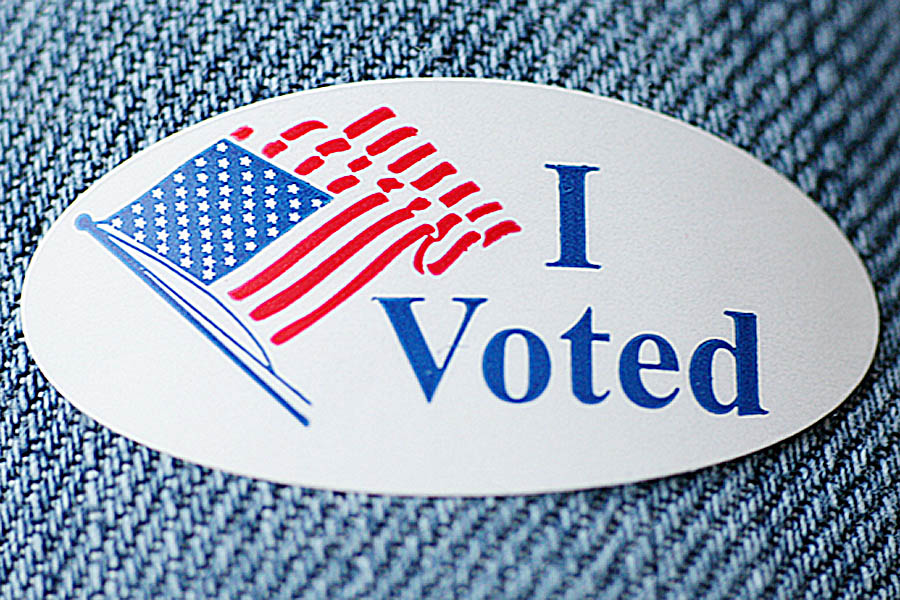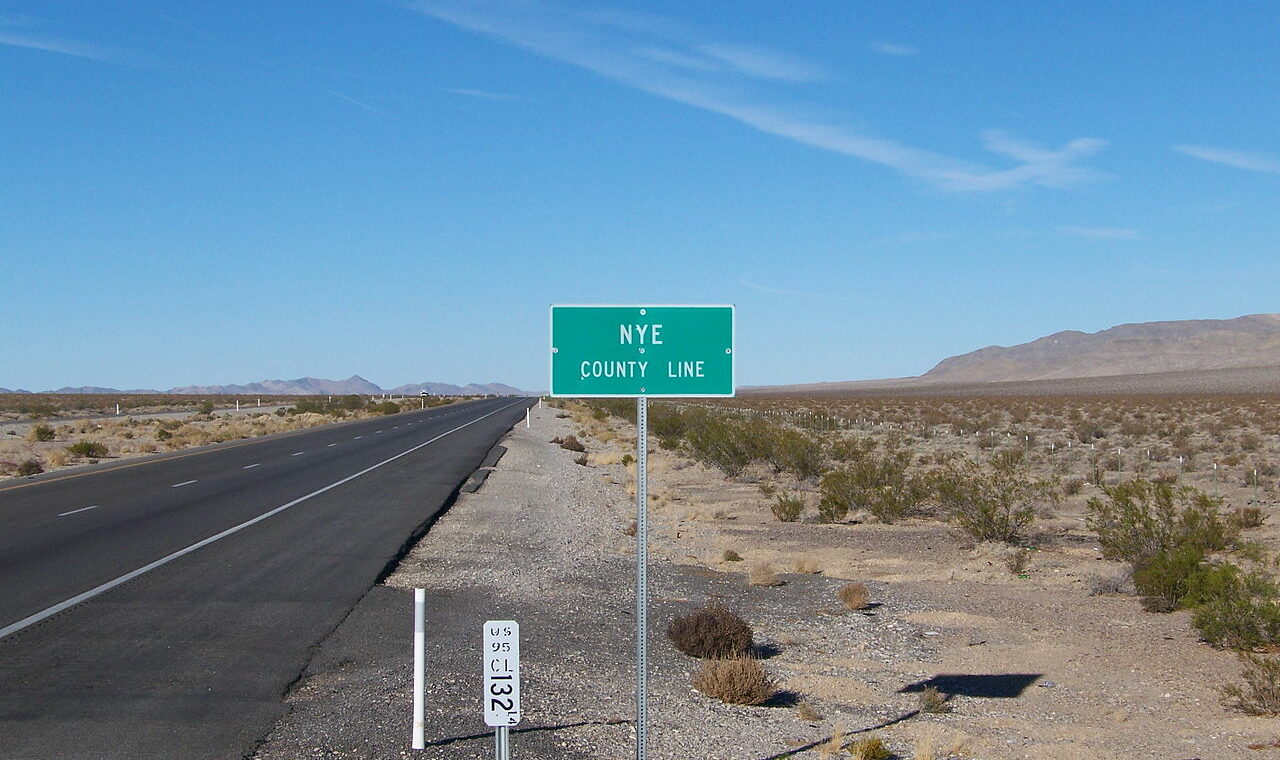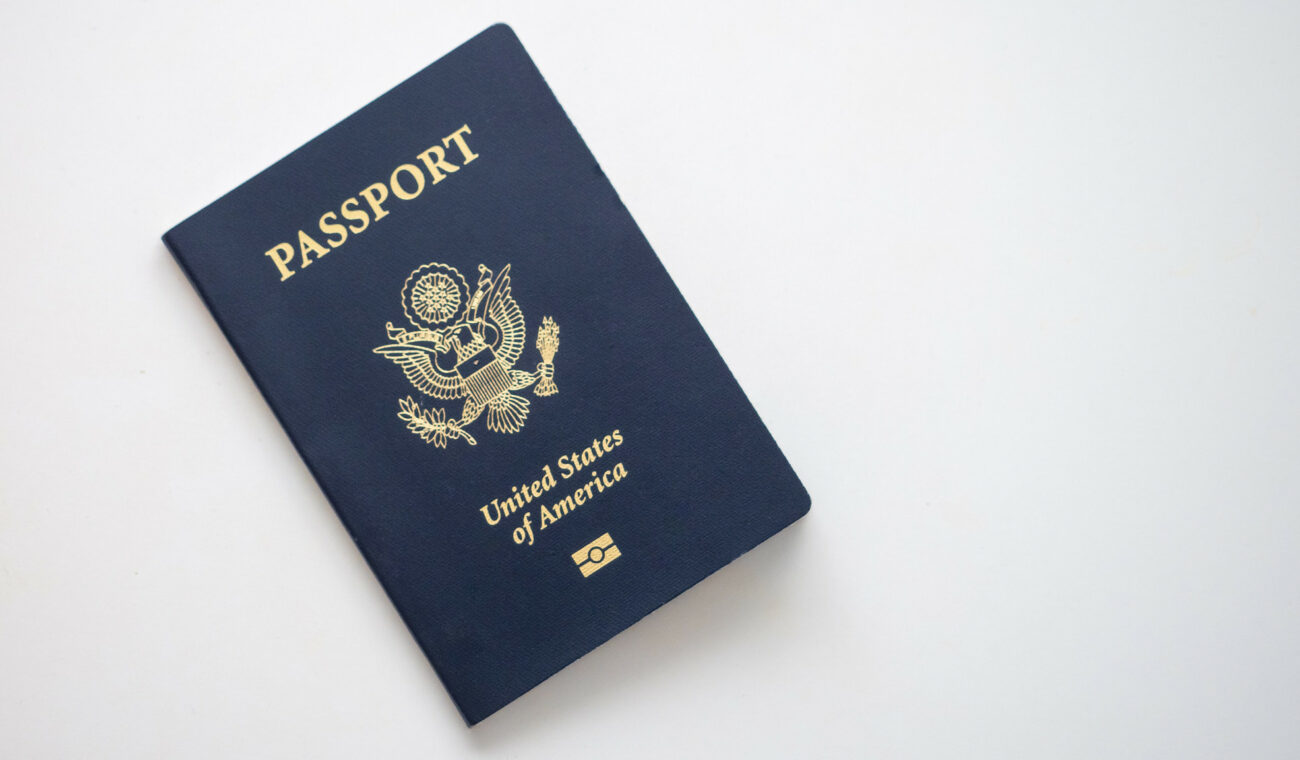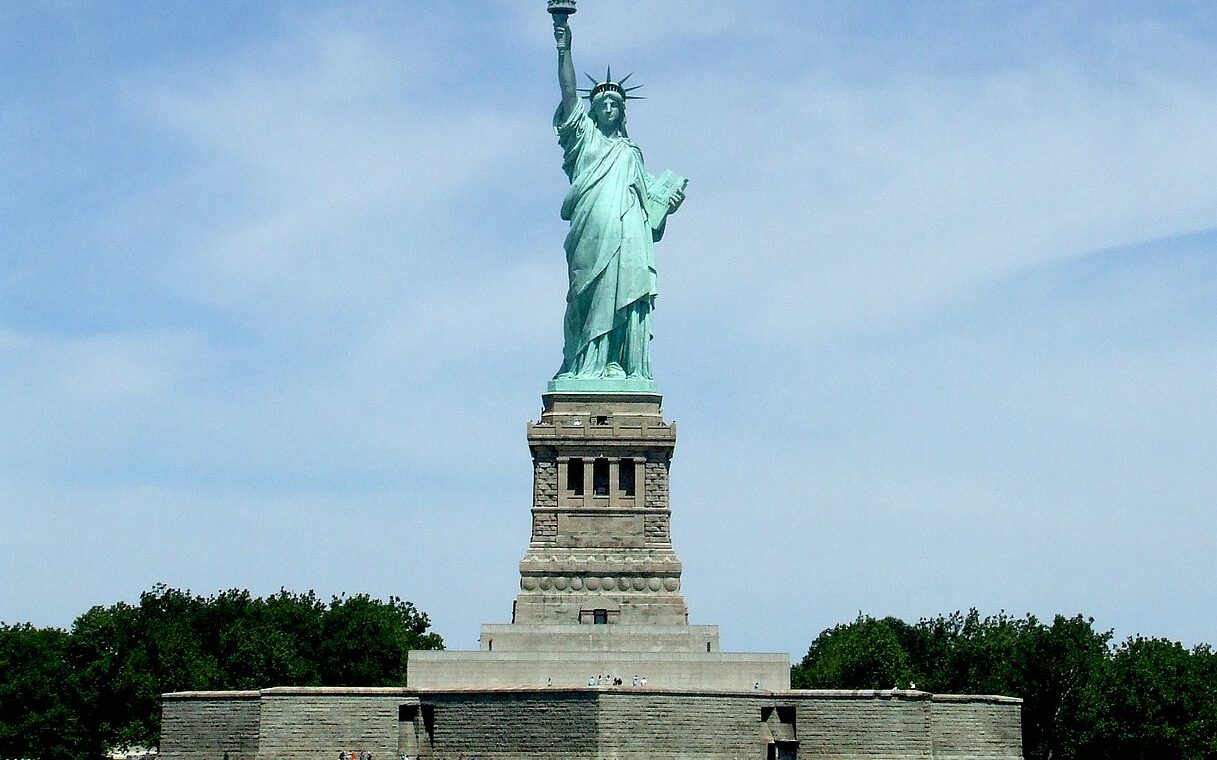A federal law requires translated voting ballots, but not in Arabic or Haitian Creole
Voting rights advocates are calling for an expansion of section 203 of the Voting Rights Act in order to require ballot translations for authorized voters of limited English proficiency who speak Arabic or Hatian Creole. A 1975 reauthorization of the Voting Rights Act required certain parts of the United States, depending on their census data, to provide ballot translations in a variety of languages, but this did not apply to Arabic and Haitian-Creole. The current wording of section 203 only applies to languages spoken
Nye County first in nation to offer voting in Shoshone language
In order to remain in compliance with a section of the Voting Rights Act, Nye County, Nevada will become the first location in the nation to offer translations of all its election materials in the Native American Shoshone language. Every five years, census data is collected to see if certain locations in the United States require translations of ballot materials for minority language speakers. The data recently collected from Nye County means that, for at least the 2024 and 2026 elections, translation assistance will
Noncitizens in Multnomah County could be granted right to vote
This November, voters in Multnomah County, Oregon will be presented with a ballot question over whether to extend the right to vote in county elections to noncitizen residents. A team of legal researchers, anticipating the need to defend the measure in court, have noted that Oregon’s original constitution did allow noncitizens to vote - so long as they were white. Visit KOIN to learn moreImage Credit: Curtis Gregory Perry(CC BY-NC-SA 2.0)
US sues Arizona over proof of citizenship voting law
Assistant Attorney General Kristin Clarke of the US Department of Justice has said that a new Arizona voting law constitutes a “textbook violation” of the National Voter Registration Act. The Department of Justice has brought a lawsuit against the state law, which currently requires Arizona voters to provide proof of citizenship to vote in federal elections. The Arizona Legislature itself anticipated that the law would be challenged, since a previous attempt by the state to require documented proof of citizenship for federal elections was
New York judge strikes down NYC law granting voting rights to noncitizens
A NY State Supreme Court judge has invalidated a law passed by the New York City Council which would have allowed authorized noncitizen residents to vote in municipal elections. The judge ruled that the city council did not have the authority to expand the franchise in this direction, since the language of the state constitution requires a person to have US citizenship to vote. In order to change the constitution, an amendment would need to be passed through a referendum approved by the voters





